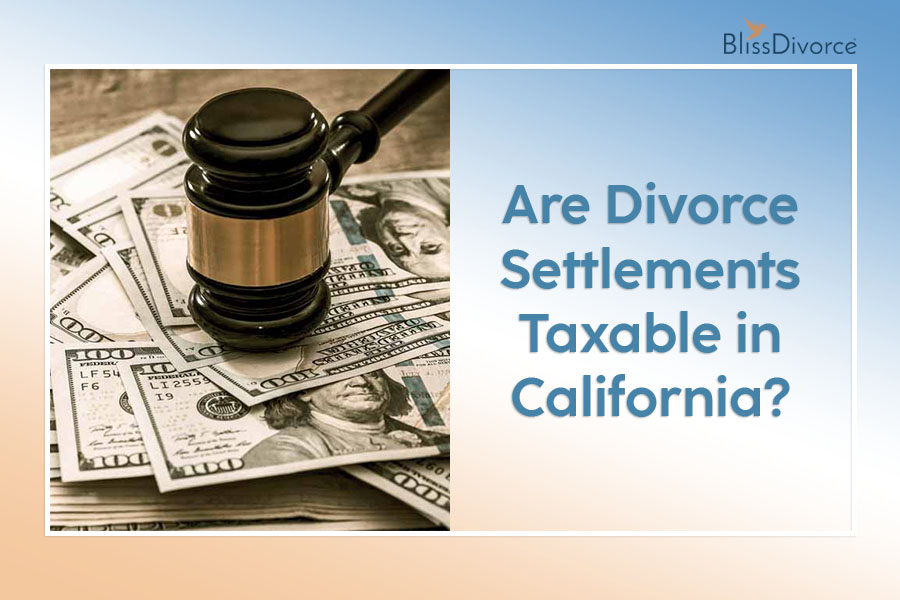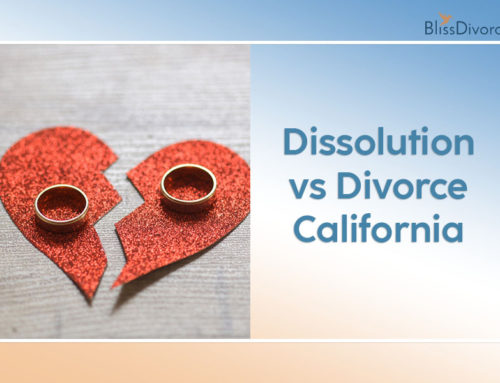If you are divorcing, you may be going through one of the most challenging times in your life. As you navigate the challenges of the legal landscape, comprehending the implications of these compulsory financial charges is crucial for efficient financial management amidst divorce. So, are divorce settlements taxable in California?
In a jurisdiction such as California, taxation laws can significantly impact divorce settlements. Hence, in this post, we will elucidate the importance of understanding taxation and discuss its impact on divorce settlements.
Understanding Divorce Settlements in California
A divorce settlement is a legally binding document that outlines the terms of your divorce. It specifies agreements you have made with your spouse regarding child support, allocating spousal support, and dividing marital property.
Accordingly, divorce settlements can take various forms depending on the circumstances of your case. Each component is subject to specific taxation laws, necessitating careful consideration and strategic planning.
But what about divorce settlements? Are divorce settlements tax-free in California? Generally, they are not typically taxable. However, certain aspects can have tax consequences. An essential aspect of such settlements is differentiating between taxable and non-taxable components.
While property division in California is non-taxable, spousal support and certain types of assets may have certain tax implications. Understanding these distinctions is crucial for maximizing tax efficiency and avoiding any potential pitfalls throughout the divorce process. So, how are divorce settlements taxed in this state?

Source: shutterstock.com / Photo Contributor: RomanR
Tax Implications of Divorce Settlements in California
The progressive legal framework of the Golden State includes specific taxation laws that govern divorce settlements. As a divorcing couple, you must navigate the divorce laws in California diligently to ensure equitable and tax-efficient settlements.
Taxation of property division in divorce
Capital gains tax and property transfers
In California, property transfers that will occur between you as a couple after divorce are generally not subject to capital gain taxes at the time of transfer. This means you can transfer assets such as real estate and investments with your spouse without triggering immediate tax consequences.
However, while the transfer is not taxable, you may face taxes if either of you sells the property and its value has increased. The tax basis on the sale of the property remains the same as when you jointly owned the property.
When transferring real estate as part of your divorce settlement, the transfer is typically a non-taxable event. However, future capital gains tax may apply if the receiving spouse sells the property.
Similarly, investments like stocks or mutual funds are generally not taxable at the time of transfer. That said, any capital gains taxes are deferred until the receiving spouse sells the investments.
Dividing retirement accounts may involve specific tax considerations based on the account type and the division method. Qualified domestic relations orders (QDROs) can be used to divide retirement accounts without triggering immediate tax consequences.
Taxation of spousal support
Historically, alimony payments in California were tax-deductible. Spousal support had to be reported as income on the state tax return. More specifically, the spouse paying for the child support deducted it from their taxable income, while the receiving spouse had to report the child support as an income tax return.
However, with the passage of the Tax Cuts and Jobs Act, significant changes have been made to the tax treatment of alimony payments for divorces finalized after December 31, 2018. Effective from January 1, 2019, spousal support is no longer tax-deductible for the paying spouse, and the recipient spouse is no longer required to report the alimony on their tax return.

Source: shutterstock.com / Photo Contributor: zimmytws
Tax treatment of child support and other settlement components
Child support payments are not tax-deductible for the paying spouse nor taxable income for the recipient spouse. As they provide financial support for the upbringing of children, they are not subject to federal income tax considerations.
Financial settlements like lump sum payments may have varying tax implications. They typically depend on the nature of the assets involved and the specific terms of your divorce settlement.
Factors Affecting Taxation of Divorce Settlements
The taxation of divorce settlements in California is influenced by various factors, including:
- Timing and date of divorce settlements
- Clauses and specific language in settlement agreements
- Planning and strategies for minimizing tax liability
Timing and date of divorce settlements
The timing of the divorce settlements can notably impact tax consequences. Changes in tax laws or rates may come into effect in different tax years, impacting the tax treatment of alimony, property transfer, and other financial settlements.
The filing status of the divorcing parties for the tax year of the settlement may change from filing jointly (married) to single or head of household. Such a change can impact tax rates, deductions, and credits available to each spouse.
The effective date specified in the settlement agreement can also determine when certain tax-related events occur. Properly timing these events can optimize tax outcomes for you and your spouse during divorce settlements.
Clauses and specific language in settlement agreements
The language and clauses included in divorce settlement agreements can have significant taxation implications. Divorce settlements that include alimony payments must adhere to IRS rules regarding alimony recapture.
Specific wording used to transfer assets in a settlement agreement can impact the tax treatment of those assets. Divorcing couples may negotiate the allocation of dependency exemptions for any children involved in the divorce.
Tax planning and strategies for minimizing tax liability
As a divorcing couple, you can employ strategies to minimize tax liability. Structuring settlement payments can help manage tax liabilities by spreading income recognition over multiple tax years.
Careful consideration of the tax basis and future tax implications of asset transfers can help minimize capital gains tax liabilities for you and your spouse. Dividing retirement accounts through a qualified domestic relations order (QDROs) can facilitate tax-deferred transfers and help you avoid immediate tax consequences.
Additionally, exploring alternatives to traditional alimony payments, such as lump-sum settlements or property transfers, can have different tax implications and may be more advantageous for you and your spouse.

Source: shutterstock.com / Photo Contributor: stoatphoto
Conclusion
To conclude, are divorce settlements taxable in California? While divorce settlements are not typically taxable in California, specific components within the settlement may have varying tax implications. Understanding the factors affecting the taxation of divorce settlements in California is essential for making informed decisions and optimizing financial outcomes. By implementing strategies for minimizing tax liability, you can ensure a smoother financial transition post-divorce.




